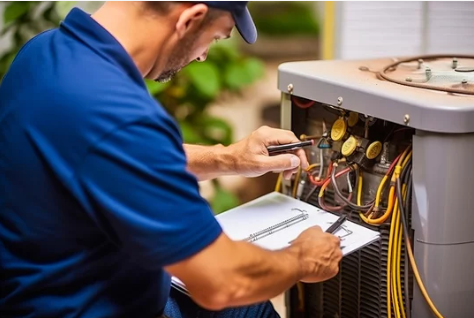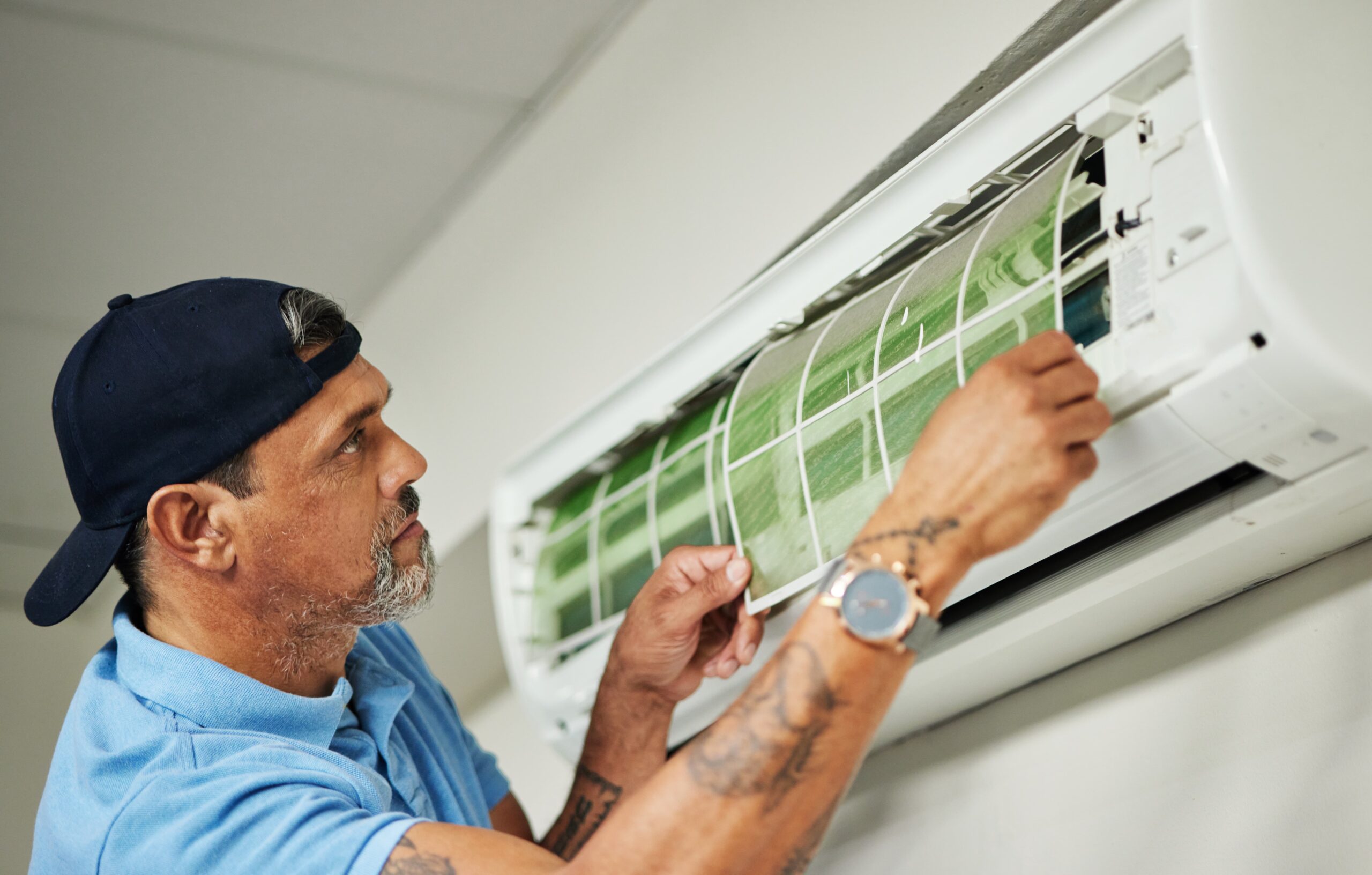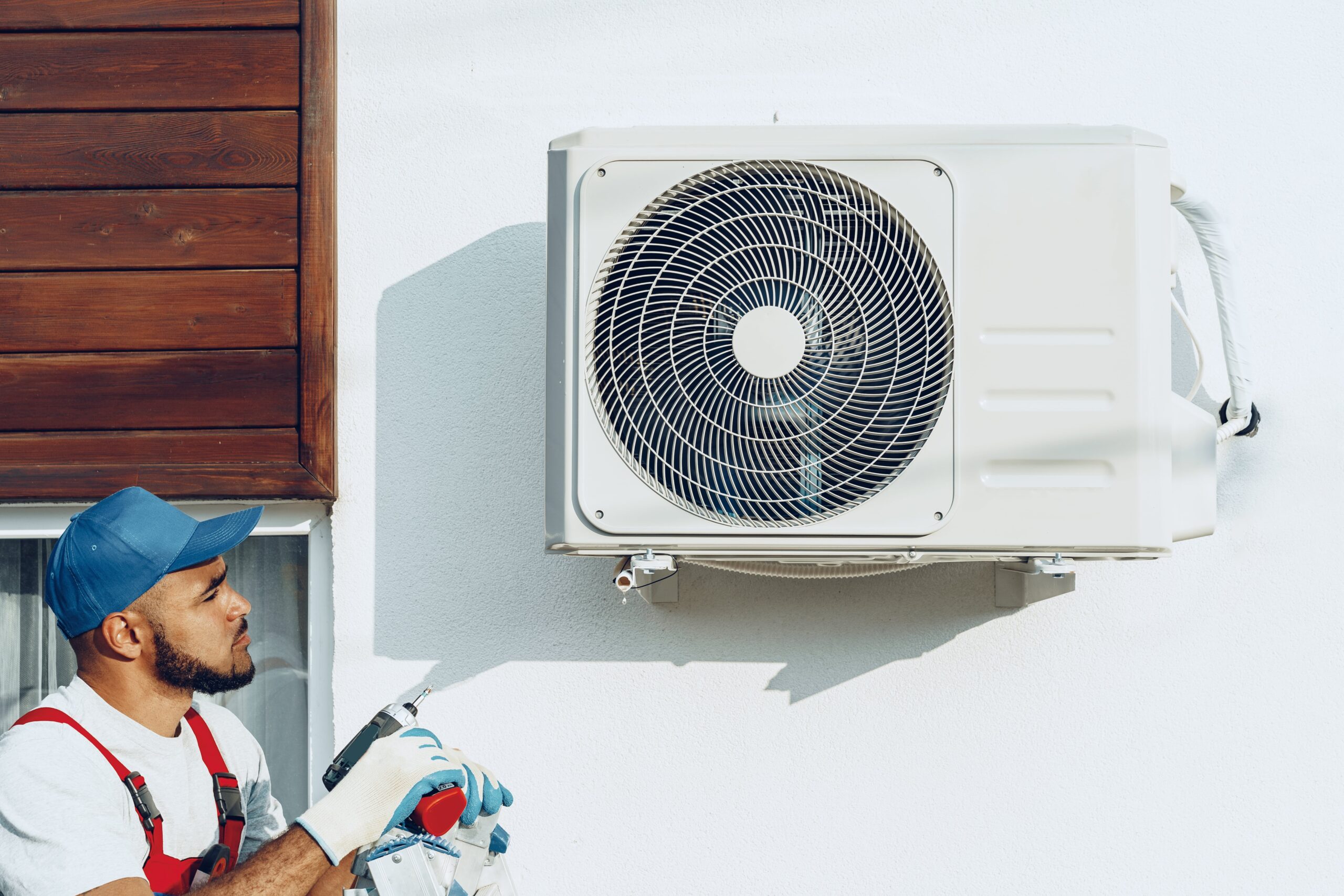 Imagine this scenario:
Imagine this scenario:
Your air conditioner is acting funny one day. It doesn’t seem to be cooling your home much. You’re doubly sure it’s not cooling the home when you put your hand up to the air vent and feel very little air (despite the fact that you can hear the AC’s fan blowing). So you go to investigate, and what you find in your indoor AC unit is a giant, frozen over block of metal!
The block of metal is nothing unusual—that would be your evaporator coil. Read on to find out why a frozen evaporator coil is enough to warrant an emergency call with a North Olmsted HVAC company.
How Did This Happen?
Some potential causes for a frozen coil can range from harmless to severe.
At the most harmless end of the spectrum, it could simply be the result of failing to replace the air filter! In one case, a clogged and dirty air filter can prevent airflow across the coil. This would cause it to get too cold and eventually freeze. The other case would be that dust has started collecting on the coil, preventing it from absorbing heat (and thus freezing over).
But it also could be the result of something much worse: a refrigerant leak. If your AC is leaking refrigerant for some reason, it will compromise the AC’s ability to transfer heat. Among many other things, one result is that it can cause the coil to freeze over.
Why Is It Bad?
Since the AC’s job is to cool the home, it might seem like a frozen coil is just a byproduct of a really efficient air conditioner. But this couldn’t be farther from the truth. In reality, a frozen coil is working against you.
Mainly, it prevents the evaporator coil from doing its job. The fact that it’s frozen over means the coil’s ability to absorb warm air has been compromised. This creates a chain reaction that will affect the performance of the compressor and the condenser coil. The coil will need to be free of any obstructions for it to start working normally again.
All the while, the AC will still be working its hardest, endlessly trying to cool your home to the temperature on the thermostat. Not only will this damage your system further, but it’ll also put a nice spike in your energy bill.
What Do I Do?
Don’t try to pick the ice away! You can risk causing damage to the coil. Instead, turn off the air conditioner immediately, and allow the ice to melt. As long as that coil is covered in ice, you can’t risk running it any longer.
In the meantime, you’ll need to call for repairs. Due to the chance that your AC could be afflicted with something like a refrigerant leak, you wouldn’t want to keep running it without having a thorough inspection first.




